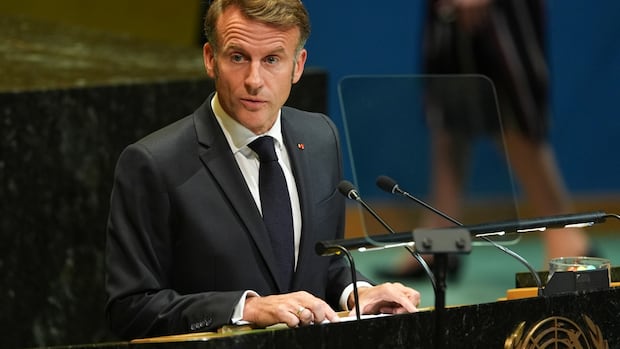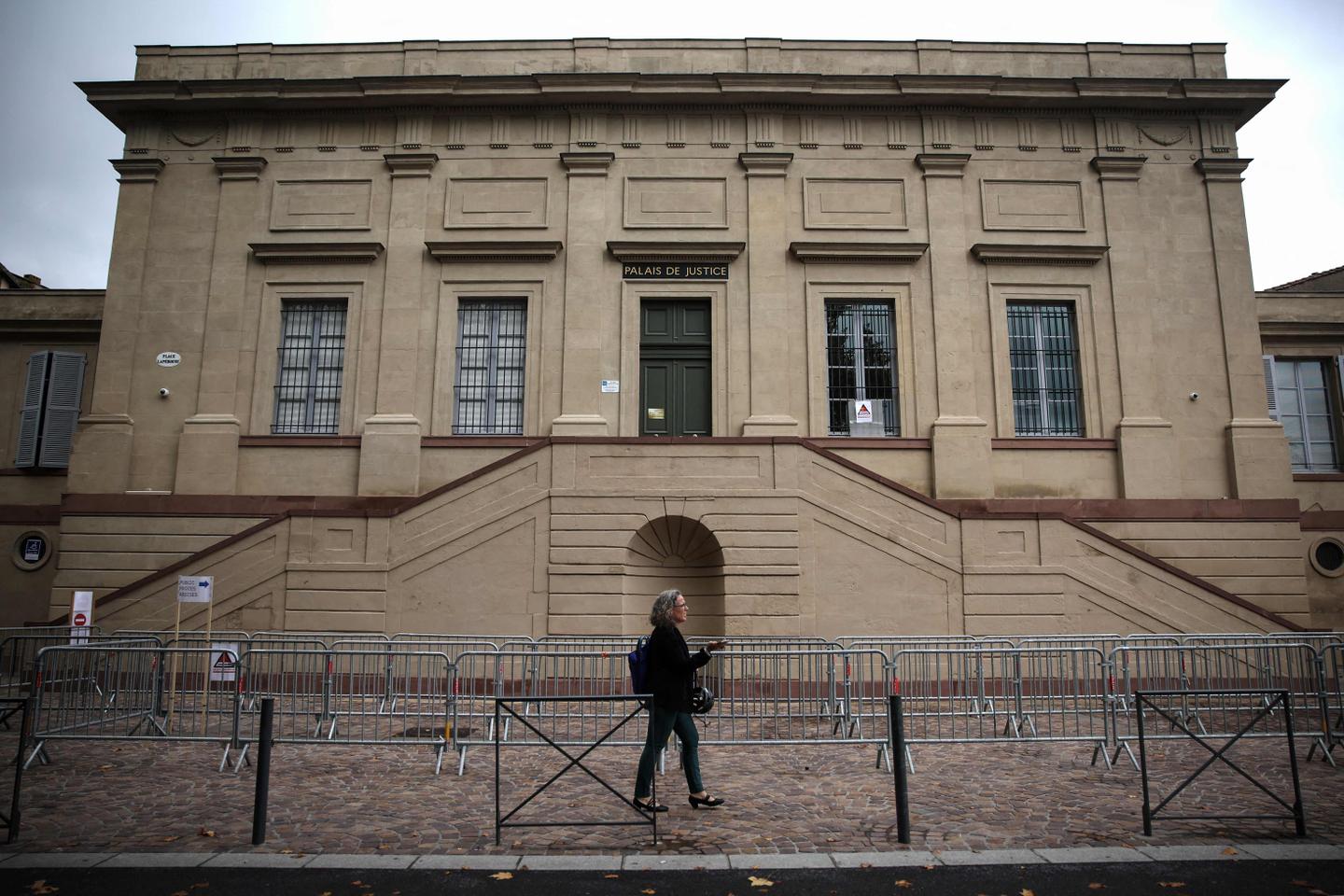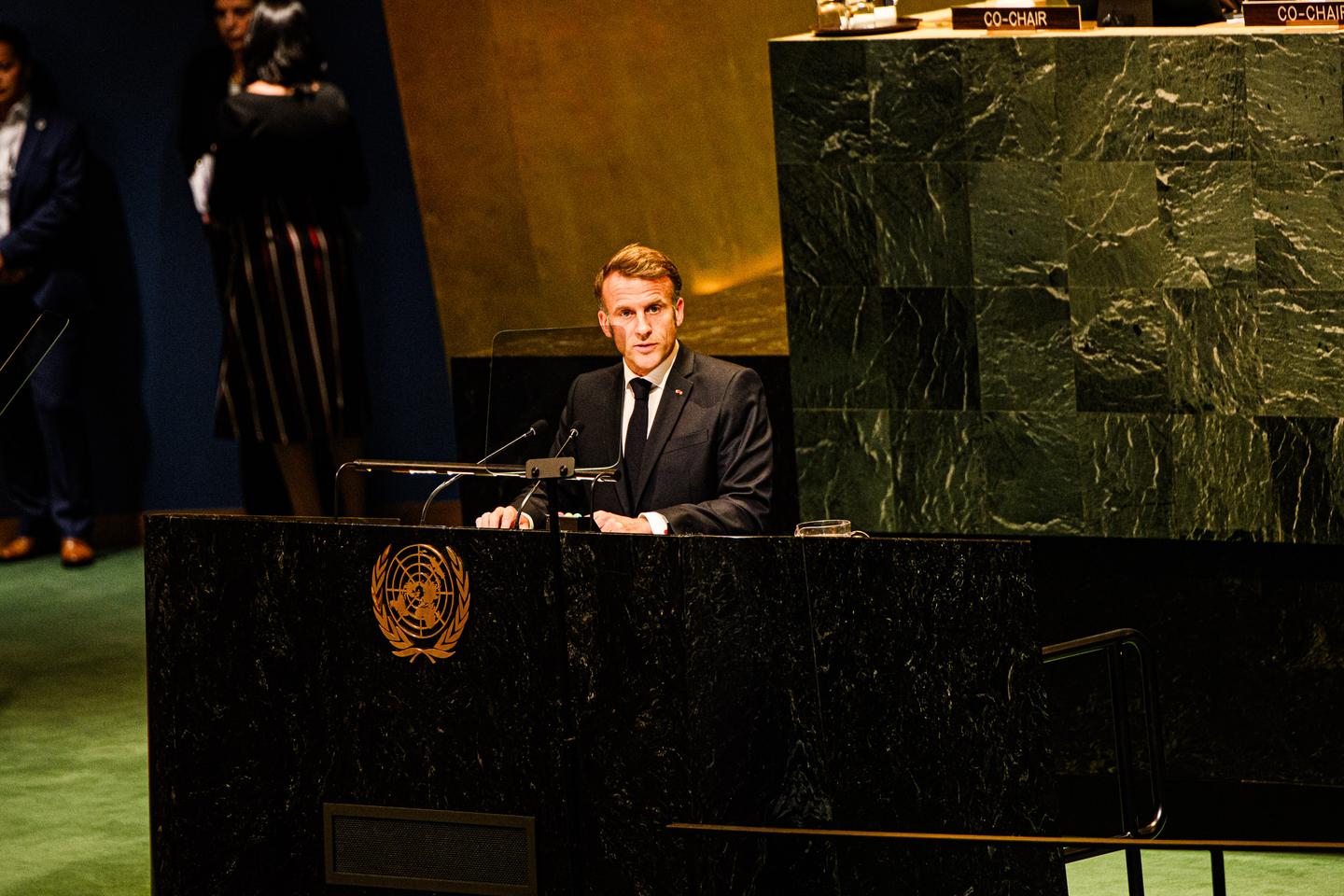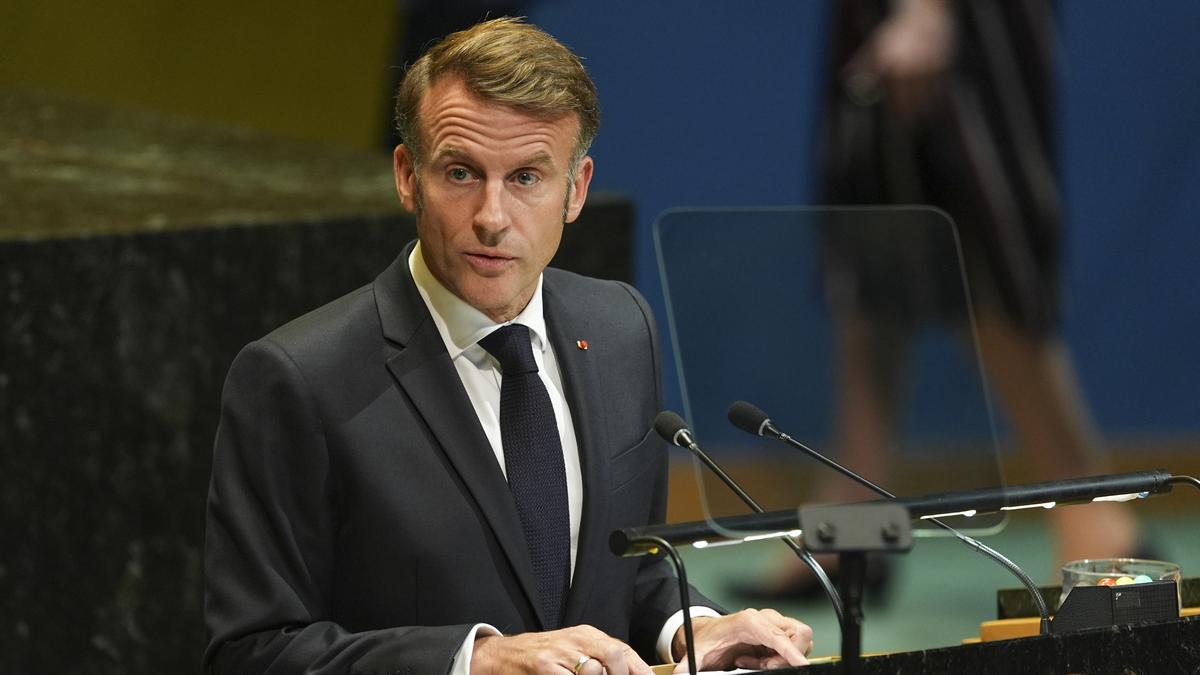France recognized a Palestinian state on Monday, joining countries like Britain and Canada, which made the same historic move on Sunday. French President Emmanuel Macron made the announcement at a UN summit in New York on Monday.
France recognized a Palestinian state at a world summit in New York on Monday, nearly two years into the war in Gaza, joining Western allies such as Britain and Canada, who made the same historic move on Sunday and were rebuked by Israel.
"We must pave the way for peace," the summit host, French President Emmanuel Macron, said to applause at the beginning of a planned three-hour session at the United Nations. "Today, France, recognizes the state of Palestine."
While the event, convened by France and Saudi Arabia, could boost the morale of Palestinians in their long search for statehood, it is not expected to deliver change on the ground, where Israel has declared there will be no Palestinian state as it pushes on with its fight against militant group Hamas.
The summit comes on the heels of a United Nations inquiry last week that found Israel had committed genocide in Gaza. Israel called the finding biased and "scandalous."
The two-state solution was the bedrock of the U.S.-backed peace process ushered in by the 1993 Oslo Accords. The process suffered heavy pushback from both sides and has all but died.
Israel and the United States will boycott the summit, Israel's UN Ambassador Danny Danon, said, describing the event as a "circus."
Andorra, Belgium, Luxembourg and San Marino were also expected to recognize a Palestinian state on Monday ahead of this week's UN General Assembly, after Australia, Britain, Canada and Portugal did so over at the weekend. Malta made the announcement earlier on Monday.
While the majority of European countries now recognize a Palestinian state, both Germany and Italy have signalled they are unlikely to make such a move soon.
Riyad H. Mansour, Palestinian permanent observer to the United Nations, is seen on screens as he addresses delegates after the United Nations General Assembly vote on the Question of Palestine and the Implementation of the Two-State Solution, at UN headquarters in New York on Sept. 12, 2025. (Eduardo Munoz/Reuters)
Long a strong supporter of Israel because of its responsibility for the Holocaust, Germany has grown more critical of Israeli policy, while insisting that recognition of a Palestinian state should come at the end of a political process to agree on a two-state solution.
The German government spokesperson also said on Monday there must be no further annexations in Israeli-occupied territory.
Italy said recognizing a Palestinian state could be "counterproductive."
Russia still believes that a two-state solution is the only way to settle the conflict, the Kremlin said on Monday.
"This remains our approach, and we believe that it is the only possible way to find a solution to this extremely complex, long-standing conflict, which is now perhaps at its most acute and tragic stage in its entire history," Kremlin spokesperson Dmitry Peskov told reporters.
WATCH | Bob Rae, Canada's UN ambassador, on recognizing Palestinian state: Recognizing Palestinian state a ‘necessary moment’ for peace: Canada’s UN ambassador Chief political correspondent Rosemary Barton speaks with Bob Rae, Canada's ambassador to the United Nations, about the Canadian government's decision to formally recognize the state of Palestine and what that means for stability in the region.
Israel considering annexing part of West Bank
Israel has become isolated and drawn global condemnation over its military conduct in Gaza, where more than 65,000 Palestinians have been killed, according to local health authorities.
Prime Minister Benjamin Netanyahu has rejected numerous calls to end the campaign until Hamas is destroyed and has said he will not recognize a Palestinian state. Netanyahu said in a statement on Sunday he will announce Israel's response when he returns from the U.S., where he is scheduled to meet U.S. President Donald Trump.
Israel is considering annexing part of the occupied West Bank as a possible response as well as specific bilateral measures against Paris, Israeli officials have said, even though the recognitions are expected to be largely symbolic.
WATCH | Israel approves settlement expansion in West Bank: Israel approves controversial E1 settlement expansion in West Bank Israel has given final approval to expand one of the largest Jewish settlements in the Occupied West Bank. The settlement’s mayor wants it to be part of Jerusalem whereas nearby Palestinians are worried about being cut off from East Jerusalem.
Annexation could backfire and alienate key countries like the United Arab Emirates, a global oil power and trade hub with wide diplomatic clout across the Middle East.
The U.A.E,. the most prominent of the Arab states that normalized ties with Israel under the U.S.-brokered Abraham Accords in 2020, has said such a move would undermine the spirit of the agreement.
The U.S. administration has also warned of possible consequences for those who take measures against Israel, including against France.
The summit follows Israel's launch of a long-threatened ground assault on Gaza City, with few prospects for a ceasefire two years after the Hamas-led attack in Israel, which triggered the war in the Palestinian enclave.
Declaration to show commitment to 2-state solution
Amid Israel's intensified Gaza offensive and escalating violence by Israeli settlers in the West Bank, there is a growing sense of urgency to act now before the idea of a two-state solution vanishes forever.
France has driven the move, hoping that Macron's announcement in July that he would recognize a Palestinian state would give greater momentum to a movement hitherto dominated by smaller nations that are generally more critical of Israel.
WATCH | How would a 2-state solution work and the challenges behind it: Why a two-state solution is nearly impossible to achieve For decades, world leaders have sold an Israeli-Palestinian two-state solution as the best hope for peace in the region, but is it even possible? CBC’s Ellen Mauro breaks down the major challenges standing in the way.
In Gaza, some Palestinians found little relief in statehood recognition as they fled Israeli attacks on Gaza City on Sunday.
"Even if countries such as Australia, Canada and France — who are now among those initiating this recognition — acknowledge Palestine, I believe there will still be no serious pressure on Israel to grant the Palestinians their rights," said displaced Palestinian Nabeel Jaber.
In Tel Aviv, Israelis said the Palestinians turned down many chances to establish a state in the past.
"We've offered them peace about five times. They could have agreed to any one of those, and they never, ever chose peace. So why do we need to choose peace with people who want to kidnap, murder, rape our people? I don't think we need to do that," said film student Tamara Raveh, 25.
[SRC] https://www.cbc.ca/news/world/world-summit-palestinian-state-israel-gaza-1.7639882
 Visit the website
Visit the website






